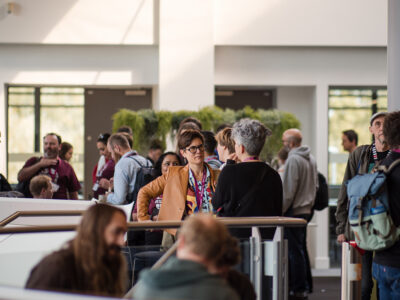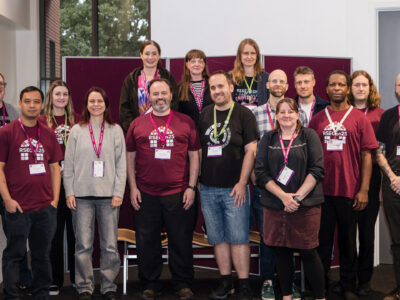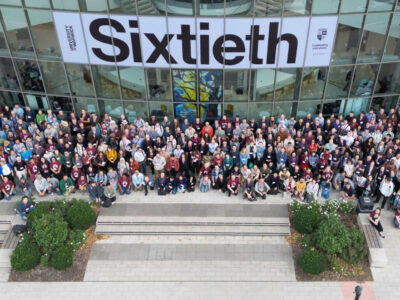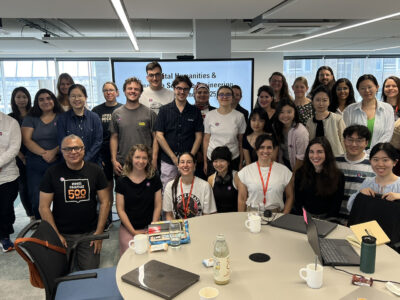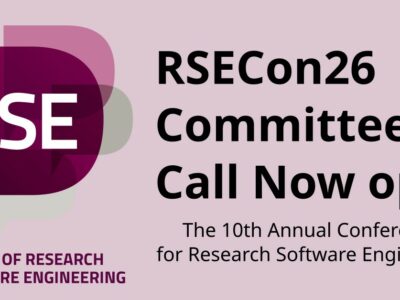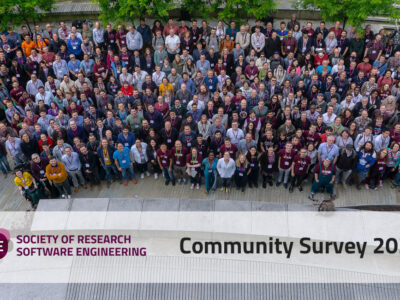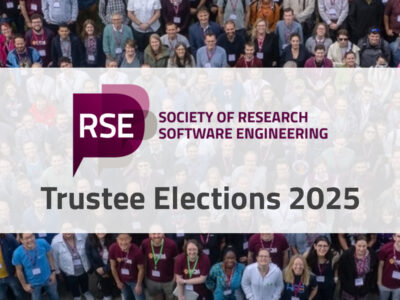Software is part of research and research software engineers should be part of how it is assessed
by Paul Richmond, President of the Society of Research Software Engineering
There can be little doubt of the reliance of research on “research software”. Surveys conducted by the SSI have provided evidence to clearly demonstrate this, which has helped to motivate the RSE movement. The growth of the Research Software Engineering (RSE) community is an indication of the growing number of people who facilitate research through collaborative provision of software engineering within a research environment.
The significance of RSE has gained traction worldwide. In the UK the EPSRC RSE fellowship scheme has been a fantastic endorsement of the RSE role allowing the demonstration of leadership within the community. More recently the EPSRCs move to an Open Fellowship format provides a greater level of funding support for RSE by providing an opportunity for applicants to focus on “discovery science, innovation, instrumentation/technique development or software engineering or to include non-technical elements to create positive change in the research community”. Such openness and flexibility within the research funding pipeline is greatly appreciated and certainly a move in the right direction. There are of course still gaps and more progress to be made. The Society of RSE recently published a public strategy highlighting strategic areas which require change to raise the profile of RSE professionals. The Society is committed to working with research funders to influence and guide them on aspects such as; funding for research software, opportunities for RSEs at all career levels, improved grant reviewing guidance (for software and RSE effort), and more general opportunities to improve the visibility and recognition of RSE.
Just as the research software requires collaboration with software experts, so does the process of reviewing and assessing research applications. There is an urgent need for expertise in research software/data and infrastructure within the UKRIs research review colleges. Richard Gunn, EPSRC Head of E-Infrastructure, recently stated “The use by researchers of powerful digital tools, techniques and workflows has grown rapidly over the last decade. In order to assess these applications effectively, we need reviewers with in-depth expertise in digital research techniques, combined with a broad appreciation of the techniques, cultures and practices of different research techniques. EPSRC supports a Peer Review College to ensure a high quality peer review process that underpins its investment decisions. EPSRC regularly look for new members to maintain and grow the spread of expertise available and we would therefore encourage all members of the wider digital research community to consider joining EPSRC’s Peer Review College.”.
Consider this a call to action for the UK RSE community. Please consider joining a peer review college. In addition to this, please encourage your academic colleagues to nominate RSEs as expert reviewers. Peer review is critical to make informed decisions and to provide robust funding decisions, to ensure that the very best research is supported. Given the reliance of research on software, the very best research will support the very best practice for use and development of research software. Application to a peer review colleague varies based on the research funder, for EPSRC, it requires completion of a simple pdf form outlining your experience and how you can contribute. Details of each UKRI funder are listed below:
EPSRC: https://epsrc.ukri.org/funding/assessmentprocess/college/
AHRC: https://ahrc.ukri.org/peerreview/peer-review-college-membership/
BBSRC: https://bbsrc.ukri.org/about/governance-structure/committees/committee-pool-membership/
ESRC: https://esrc.ukri.org/funding/guidance-for-peer-reviewers/peer-review-college/
MRC: https://mrc.ukri.org/funding/peer-review/external-peer-review/
NERC: https://nerc.ukri.org/funding/application/peerreview/members-details/
The RSE community needs to show willingness in improving the review process if we want to continue to be the instigators of change. Please join a peer review college if you are eligible and share your experience with others.


